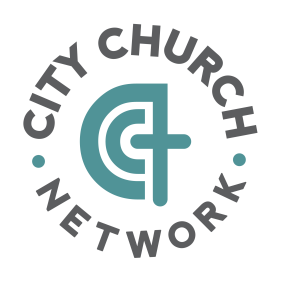What about Authority?
“Some system of authority is a requirement of all communal living, and it is only the person dwelling in isolation who is not forced to respond, with defiance or submission, to the commands of others.” - Stanley Milgram
This is a controversial quote by a controversial man. Without intending to reject or condone Milgram’s research in social obedience conducted while he was a professor at Yale University, I believe his quote above is useful for beginning a discussion about the concept of authority.
Oxford Languages, which provides definitions which appear in Google searches, defines “authority” as follows:
the power or right to give orders, make decisions, and enforce obedience
a person or organization having power or control in a particular, typically political or administrative, sphere
According to this definition, authority has to do with personal or institutional right and power in a community. Importantly, the definition does not include a requirement for an ethical or moral imperative. The person or organization with the power does not have to be good or benevolent in order to meet the definition of authority.
Probably most people who have lived long enough have experienced authority figures which they might consider evil or at least self-serving. Probably many people have also encountered authority figures which seem to genuinely want to do the right thing.
The question I would like to ponder with you is as follows: Whether or not the person or organization with authority can be considered good, is authority itself a good thing or a bad thing? Why?
I have heard of a social experiment involving children in which some children were placed in an outdoor area (such as a backyard) near their house. The outdoor area had no fence or clear border, and when the children were told they could roam freely in the outdoor area, they chose to stay near the house. In another case, children were placed in an outdoor area which was identical to the first except that it was fenced with a clear border. In this case, the children chose to roam freely within the fenced area, going to the edges of the fence throughout the area. The conclusion of the people conducting the experiment was that the children in the fenced area felt safe because of the fence and therefore free to explore within the fenced area, whereas the children in the area with no fence were unsure and fearful in the outdoor area without the clear boundary provided by the fence.
The family I grew up in was a family with clear authority. Both of my parents raised me and my eight younger siblings with a clear understanding of their authority, which they taught us had been derived spiritually from God, who places children in families with parents whom the children are expected to obey. Though I often did not want to obey my parents, I never really disbelieved my parents’ message that their authority was good and God-given. Also, importantly, they never gave me a reason to disbelieve them. I always knew they loved me, and when I was disciplined by them, I was almost never surprised by the discipline, painful though it usually was. The discipline was given after clear boundaries and expectations had been established and warnings were given about consequences for disobedience.
My other experiences of authority, beyond my family, from participating in spiritual communities (Christian churches, a Christian college, and other Christian organizations) and from working in the business world (a global accounting firm) were similarly positive. I experienced communities in which I generally felt known, free to share my perspectives, free to ask honest questions about the status quo, and generally trusting of the leaders who had been given authority over me.
So, based on my life experience alone, I have grown to believe that authority is a good thing and that it can be healthy for a community.
However, I have also observed and known many people who have had the opposite experience of me and who, understandably, have grown very distrusting not only of authority figures (people and institutions) but also of the concept of authority itself.
So, my questions remain:
Is authority itself a good thing or a bad thing? Why or why not?
What prerequisites are necessary in order for those in authority to do good for those they are in authority over?
What circumstances justify rebellion against those in authority?
